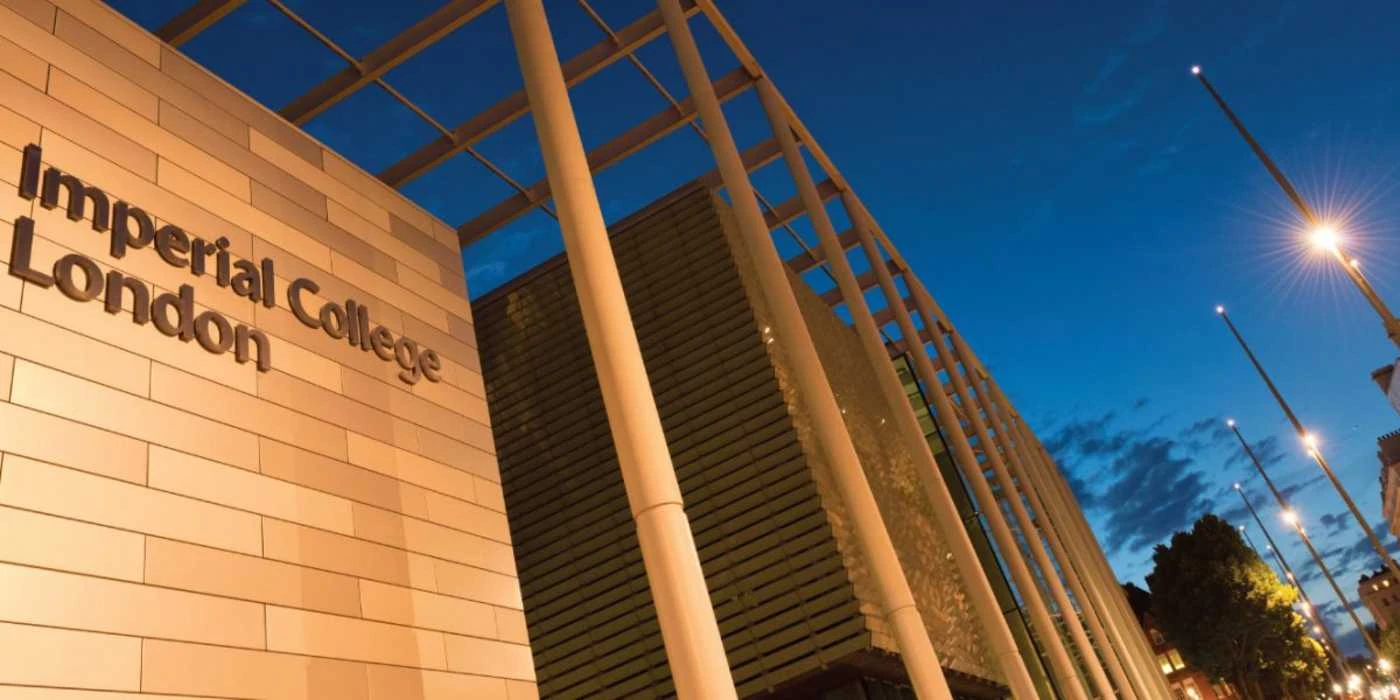Huawei and Imperial College London are to collaborate on a new technology project which will focus on research into 5G and artificial intelligence (AI).
According to Ian Walmsley, the provost of Imperial College London, the five-year, £5 million partnership will aim to “develop new technology platforms, using 5G for entrepreneurs and startups”. It will also see the creation of a new innovation laboratory which will focus on their “joint expertise in AI”,
“Huawei is one of these partners who we’ve worked with for a long time, and its expertise in wireless technology will help us explore how the digital world will evolve,” he said, speaking at yesterday’s UK Academic Salon.
The long-term partnership will see Huawei become the Lead Sponsor of Imperial’s Venture Catalyst Competition (VCC) to support student entrepreneurialism and further support the build out of the UK’s innovation ecosystem, and lead technology sponsor of the annual public engagement event, the Great Exhibition Road Festival, in South Kensington.
Huawei will also become a Founding Partner of the Leonardo Centre – a new initiative at Imperial College Business School that explores and experiments with new ways of doing business in order to regenerate economies, communities and natural environments around the world.
As part of the partnership, Huawei will provide 5G indoor wireless network and AI Cloud platform, at one of Imperial’s campuses. This facility will support the research work of Imperial’s Data Science Institute (DSI); the Leonardo Centre; the College’s Enterprise Lab, and the wider SME community that Imperial collaborates with.
Victor Zhang, Huawei’s Vice-President and head of the London office, said:
“We are pleased to be playing our role in helping to create an environment where research can explore the boundaries of 5G and AI technologies and rethink what’s possible in the 5G and AI world.
“We are delighted to provide our world-leading technologies and experiences to an academic partner to support innovation and the creation of ecosystem. It is important for industry and academia to work together for growing the economic and social value as a whole.”
The company had previously collaborated with the college’s data scientists in 2014.
“Through new collaborations with them we’ll use that technology to help a business school simulate online trading for its sustainable business educational program,”
During the virtual event, university academics and Huawei representatives discussed ways to secure the UK’s valuable reputation in higher education in a post-Brexit world.
However, Huawei’s and Imperial College’s partnership has already garnered criticism from conservative MPs opposed to Huawei’s presence in the UK. Former party leader Sir Iain Duncan Smith moaned:
“This is a perfect example of how the Chinese strategy is to use their money to insert their influence in the world’s intellectual thought process,”
Sir Kenneth Olisa, non-executive director of Huawei UK, said that politicians have “paid scant regard to silence for generations” and “the absence of any sports on TV” has caused people to “transform into nations of armchair epidemiologists”.
In his closing statement at the UK Academic Salon he said:
“Here, let me give you a quick spot test to deploy when you meet someone correlating Huawei with an espionage risk: just point out that as every AP machine is made in China, surely the ubiquity of the iPhone also poses a major global security threat.
You’ll quickly discover that it’s not the place of manufacture, which finds a technology security threat, but rather than the nationalities of the shareholders of the board.”



